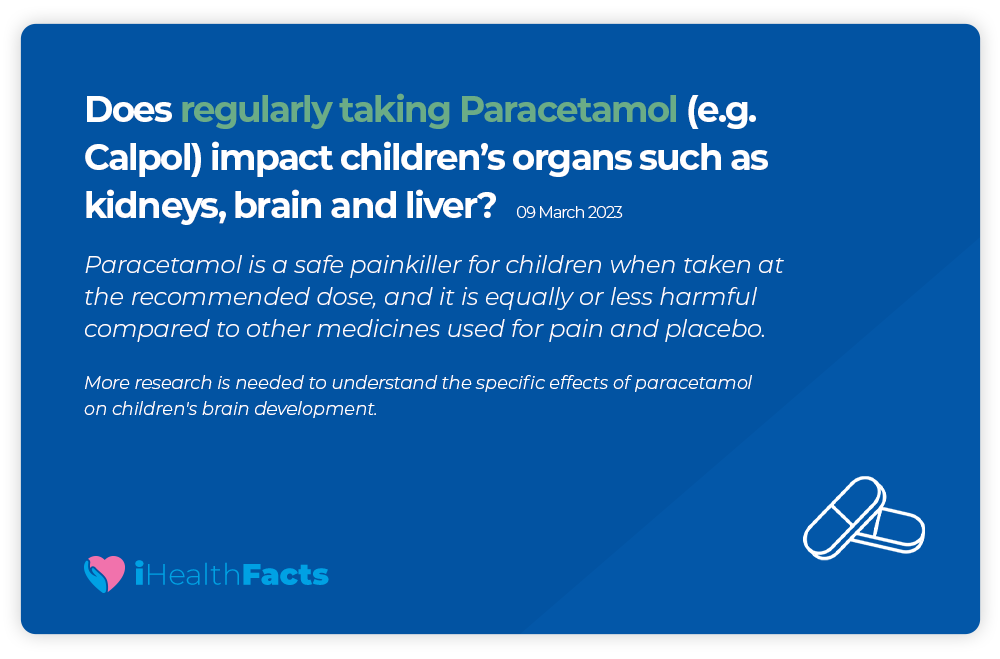- Lead Researcher: Dr Marie Tierney, Postdoctoral Researcher, Informed Health Choices-Cancer project, School of Nursing & Midwifery, University of Galway.
- Reviewed by: Dr Paula Byrne, Senior post-doctoral researcher, iHealthFacts, Evidence Synthesis Ireland and Cochrane Ireland, College of Medicine, Nursing and Health Sciences, University of Galway and Prof Declan Devane, School of Nursing and Midwifery, HRB-Trials Methodology Research Network, Evidence Synthesis Ireland & Cochrane Ireland, University of Galway.
- Topic advisor: Dr Sinéad Lydon, Associate Professor, Discipline of General Practice, School of Medicine, University of Galway.
- Public and Patient advisor: Deirdre Mac Loughlin, Public and Patient Involvement in research (PPI) advisor, PPI Ignite, University of Galway.
- Journalist Advisor: Dr Claire O’Connell, PhD in cell biology, Masters in Science Communication. Contributor to The Irish Times, writing about health, science and innovation.
Conflict of Interest Statement: The authors have no financial or other conflicts of interest for this health claim summary.
